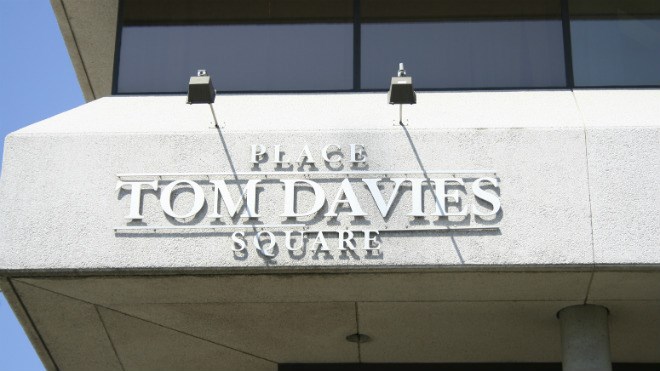Some residents of Dowling opposed to a plan to build an addiction recovery centre on Vermillion Lake Road received an unwelcome lesson in Ontario planning laws – and human rights – Monday.
Specifically, the term “people zoning” was discussed – the practice of making planning decisions based who is going to use the property, rather than planning laws.
"We're prohibited against what's called 'people zoning'," said Ward 10 Coun. Fern Cormier, who is chair of the planning committee.
Cormier made the comment after several residents of Vermillion Lake spoke passionately against plans to build a Teen Challenge recovery centre on the road. A 16-bed centre would include 12 people living there for a year, as well as another four graduates of the year-long drug and alcohol recovery program.
The Christian-based program has operated for almost 46 years in Canada, and boasts recovery rates of 60-70 per cent, unusually high for such recovery programs. Teen Challenge operates eight centres in Canada, including one in Sault Ste. Marie.
It's a voluntary program for clients, who must be stable and pass a vetting process before being allowed into the year-long program.
Don Trepannier, chief program officer for Teen Challenge Canada, said they held a public meeting with residents to hear their concerns, and have tried to address them.
Mostly, he said, people are worried about the safety of their families should an addict leave the centre.
"Teen Challenge has never had an incident in all its years involving a student or client in the program leaving the property and committing any kind of a crime in the neighbourhood," he said.
"Our program rules are very strict. We have zero tolerance for any kind of violence, to ensure it's safe, not just for the neighbourhood, but for the clients."
Addressing addiction is more than getting people to stop drinking, he said, and is a long-term process if people are going to turn their lives around.
"Past pain and trauma plays a large part in driving people to addiction," he said.
People often leave the program "when they hit a wall, and then come back."
But a petition and several letters from residents opposed the plan, and many came out to try and stop the rezoning needed for the centre to proceed.
"Please keep my family and neighbours safe," one man said, highlighting the concerns of most area residents who spoke Monday.
"My wife is absolutely terrified of being at home alone with this facility being changed to a rehab centre," another man said. "I'm begging you not to let this go through."
In addition to safety concerns, some residents said emergency services were too far away to respond to an incident at the facility, and residents trying to recover from addictions would find the area too boring, making recovery more difficult.
Many said it was unfair that, after working so hard to have a home in the area, their property values would drop if the centre goes head.
"It's a very good concept," one person said. "The property in question is not the right choice."
Other comments included such concerns as "crime and theft go hand in hand with drug addiction," and “it's the fear of the unknown, I realize that."
Some residents said they were convinced it would be turned into a safe injection site, and one man flatly said he didn't believe there has never been an incident at a Teen Challenge facility.
Some people did speak in support of the facility — including one woman whose brother is at the Teen Challenge location in Sault Ste. Marie — but no one who actually lives in the neighbourhood.
After addressing what concerns they could – for example, the centre will be limited to 16 clients, fencing will be added and the rezoning will need to be renewed in 2021 – Cormier told the residents that the planning committee has to decide based on planning laws.
They can't make planning decisions based solely on the "people who will be on" the land, he said, referencing the prohibition against “people zoning” which is a violation of human rights in Ontario.
The application was passed unanimously, after almost three hours of discussion.
